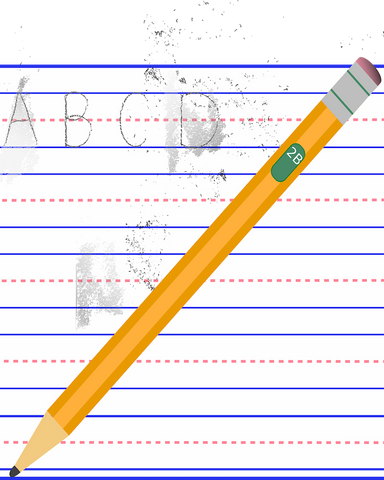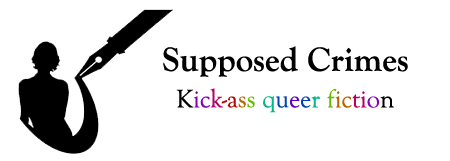
This question arose for a number of reasons. First, some big-name authors were discussing this on social media because they’d been sent pretty hateful messages about their work. Some readers seem to think that it’s not a real, live human being behind a book and that they are welcome to rant at them for perceived flaws. One big-name author in particular mentioned how hurtful it was to read that kind of angry private message.
Second, there’s been ongoing talk about whether or not it’s polite to correct people’s spelling, grammar, and punctuation in public, particularly on social media. While it’s not an identical situation, it is parallel when strangers contact authors to alert them to typos in their books.
I have said before and will say again: This is the hill I will die on. Do not cold-contact authors you don’t personally know to rant at them about their work, correct their mistakes, or offer your services. Just don’t.
There is a small number of writers who welcome feedback, even from people they don’t know. However, the number of authors who are put off by random strangers contacting them with “critique” is far, far greater. Save your words for a review if you want to outline the flaws in the story or problematic elements. Contact a publisher or editor for mistakes you’ve spotted.
The thing is, just because you believe you’ve picked up on something (an error or a questionable idea) doesn’t mean it’s actually there. White authors contacting authors they didn’t know were Black to point out “racist” elements? Yep, it’s happened. Same with LGBTQIA+ folks. Armchair grammarians believing they know better than a professional editor? Check.
I’ve put together this handy system for knowing when it’s all right to contact an author directly about their work and when you should back off and allow someone else to handle it.
1. Do you know the author personally?
Yes - go to question 2.
No - go to question 3.
2. Is the person open to constructive criticism from you?
Yes - yep, message them.
No - leave it alone and let the author or their editor/publisher sort it out.
3. Do you know the name of the publisher or editor you could contact?
Yes - Do that instead of contacting the author.
No - Leave it alone and let the author and people they know sort it out.
It is truly that simple. Most authors do welcome fan mail, of course, so if you have a way to contact a writer, that’s generally safe. However, please respect people’s privacy and the fact that some may not have time to answer every message or may feel uncomfortable responding for various reasons. Know in your heart that kind words are appreciated and leave it there.
Generosity and extending grace to people is never misplaced. It may seem to you that it’s “thoughtful” to “help” a writer you believe is struggling with something, but unless they’ve solicited your advice, you really do need to leave it alone. If a book is unreadable due to poor quality, it’s fair to state that in a review without pointing out every last mistake in detail. However, it is truly not appropriate to contact someone you’ve never met or interacted with for this purpose, no matter how much you believe you mean well.
Believe it or not, I’m not coming at this as someone who has had this happen to me. The only people who have ever contacted me are family or close friends, and I actually do appreciate when they let me know about a serious issue. In fact, in a somewhat strange twist, my style and use of language are typically the things that earn me praise even when someone dislikes the story.
That said, I’ve seen it happen over and over and over to other writers, and the emotional toll is often devastating. Please let someone who actually knows the writer handle it. I am begging you. (Honestly, this goes for every last bit of unsolicited advice ever, in any situation. Not to mention that it crosses some boundaries and violates consent if a person has said not to and you do it anyway.)
If you’re a person with professional editing skills, there are always writers looking to hire someone and publishers in need of services. Instead of the unproductive task of contacting authors directly, why not make good use of your abilities? Seems like a much better use of your time and energy.
